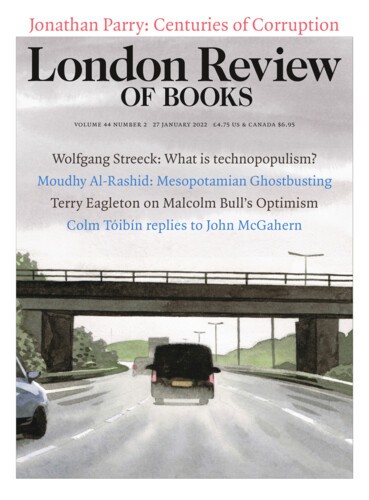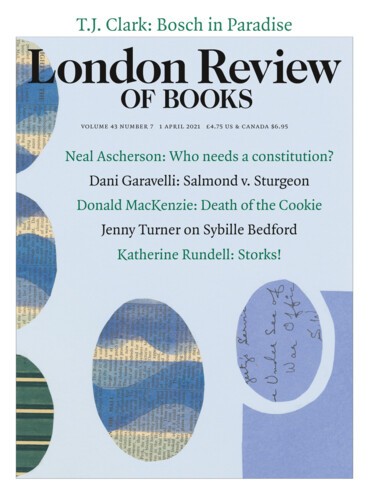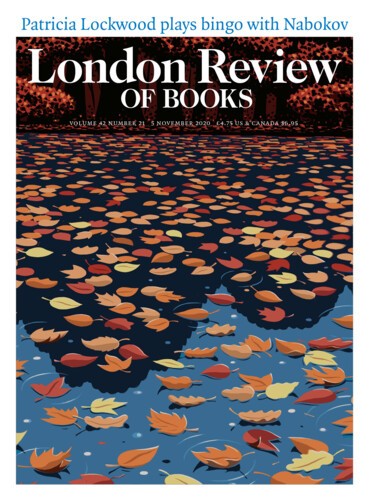Rapture in Southend: H.G. Wells’s Egotism
Stefan Collini, 27 January 2022
It can be hard, from this distance, to see what all the fuss was about. In his day (a day that, unfortunately for him, ended a decade or so before his death in 1946, a month short of his 80th birthday), H.G. Wells was one of the world’s leading literary and intellectual celebrities. Hailed as ‘a man of genius’ on the appearance of his breakthrough book, The Time Machine...




